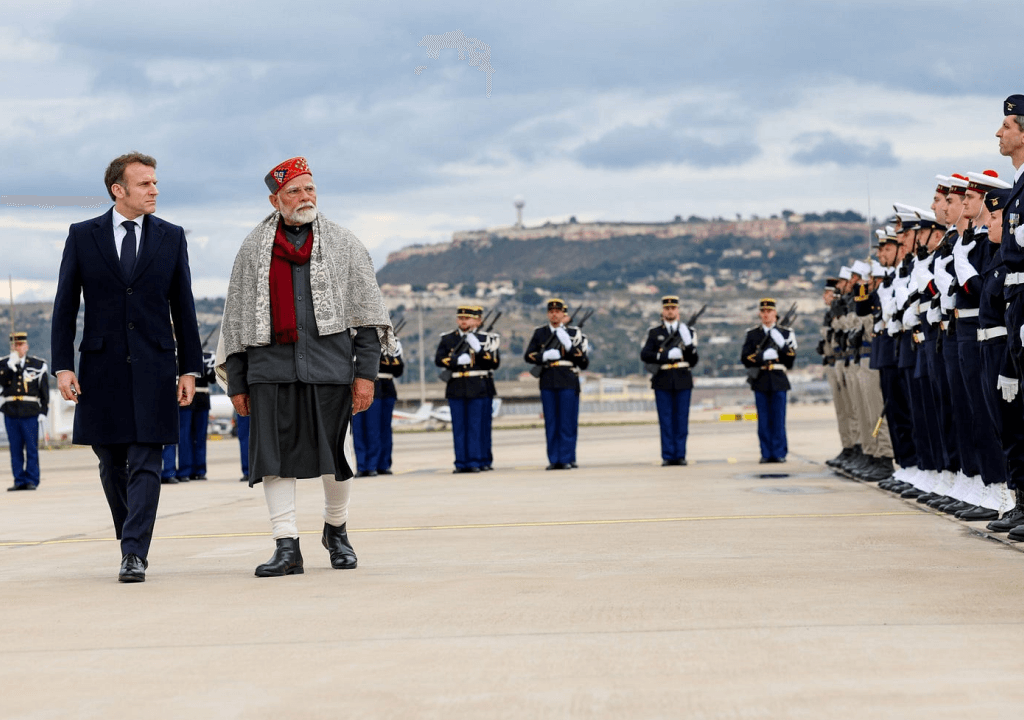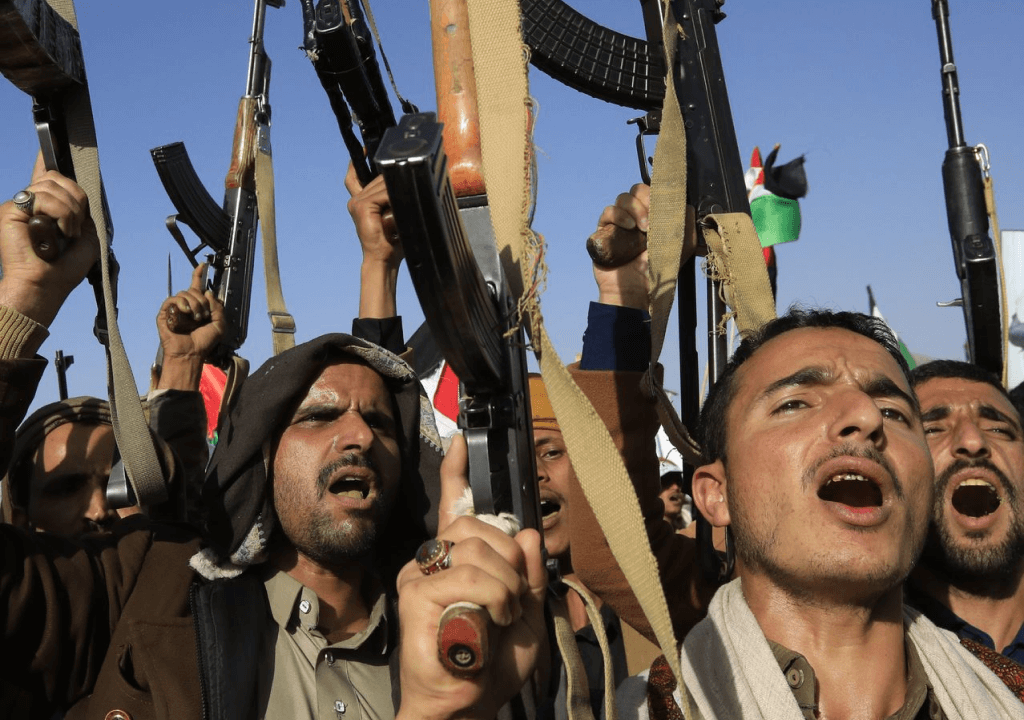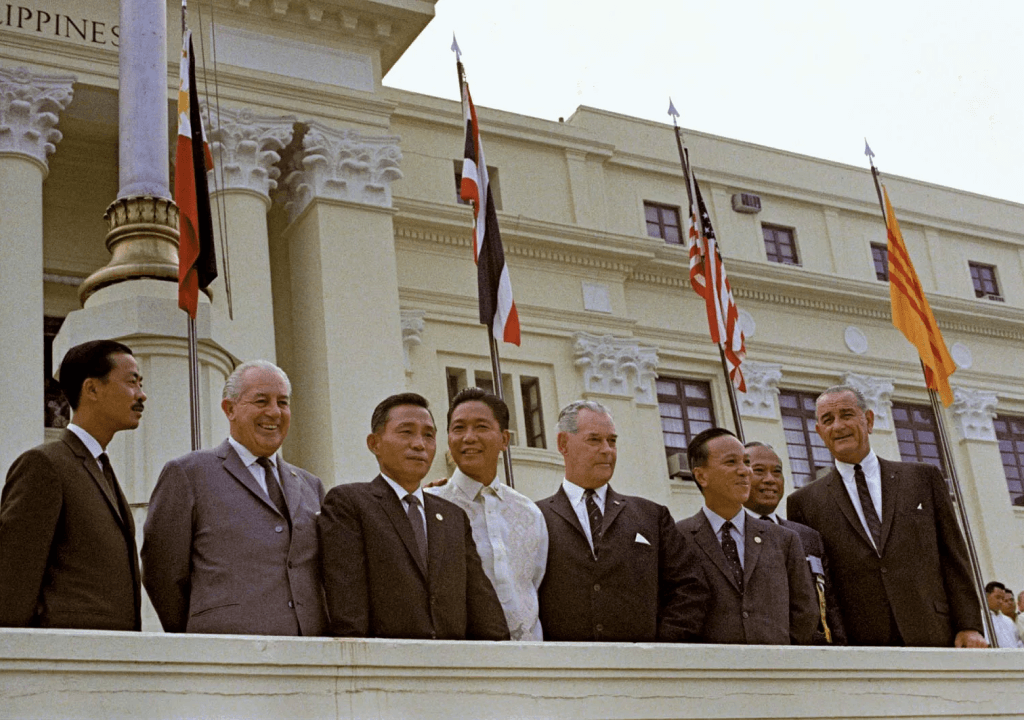France once sailed in step with Britain, Spain, and Portugal, its ambitions stretching as far as the winds would carry its ships. It fought on distant shores, its banners raised in the great imperial struggle that shaped the modern world. From the Americas to Asia—including in India, where it vied with Britain for influence—France played its part in the violent theater of empire, but history had other plans. In the end, it yielded to Britain, its colonial reach eclipsed as the English secured their grip on global power.
The British Empire, in time, grew old, its influence fraying at the edges, and from its shadow emerged a new master of the world—the United States. France, ever watchful, remained an ally of the West but never quite relinquished its longing for distinction. In partnership with Germany, it imagined a Europe unshackled from Anglo-American dominance, a world where Paris and Berlin, not Washington and London, set the terms. But as the English-speaking nations tightened their bonds, France found itself seeking new avenues for influence.
Now, with nationalist fervor stirring on both sides of the Atlantic, France is once again in search of a role, a place in the shifting global order. It needs a partner—one formidable enough to shape the world alongside it, yet not so powerful as to cast it into the shadows. And so, France is turning to India. India-France relations are evolving into a great partnership rooted in shared interests. As India grows wary of the deepening China-Russia partnership and faces limitations in its ties with the U.S., it, too, seeks a reliable ally. With defense, trade, and technological cooperation at the forefront, the India-France relationship is emerging as a key pillar of global diplomacy.
While India and France have long shared a strategic partnership, their ties are now reaching new heights. Indian Prime Minister Narendra Modi’s recent visit to France underscored this deepening relationship, culminating in a stop at the Mediterranean port city of Marseille—an entry point that French President Emmanuel Macron envisions as Europe’s gateway to a future shaped by the India-Middle East-Europe Economic Corridor (IMEC).
Announced at the 2023 G20 summit in New Delhi, IMEC is a planned railway and maritime corridor designed to strengthen trade between India and Europe via Israel, the UAE, and Saudi Arabia. The initiative has been framed as a potential alternative to China’s Belt and Road Initiative (BRI) and was championed by the U.S. under former President Joe Biden. France, Italy, and Germany joined India, Saudi Arabia, and the UAE as co-signatories, marking a significant step in Europe’s engagement with this new connectivity project.
But for France, IMEC is more than just a trade corridor—it is an opportunity to revive its long-standing ambitions of expanding France-India trade. Historically, France saw India as a vital market and resource hub, but its aspirations were overshadowed by Britain, which secured dominance during the colonial era. Now, as France seeks to reassert its global relevance, its engagement with India has taken on a new strategic urgency, positioning India-France relations at the heart of its economic and geopolitical agenda.
Macron emphasized that Marseille could serve as the main entry point for the European market, describing IMEC as a significant catalyst for concrete projects and investment. During his visit to Marseille, Prime Minister Modi attended a presentation by the CMA CGM Group, a French shipping and logistics giant eager to play a key role in making IMEC a reality. Modi stated on social media that as India expands its maritime and trade networks, collaborations with industry leaders will be essential in strengthening connectivity, supply chains, and economic growth. Recognizing the project’s significance, Macron had already appointed a special IMEC envoy last year to shape France’s role in the initiative.
For India, Russia remains its most trusted partner, with deep ties spanning trade and defense. However, India’s concerns are growing as Russia strengthens its relationship with China. There is a fear that as Russia becomes more dependent on Beijing, China could dominate the partnership, potentially sidelining India. Given the already strained India-China relationship, such a shift could disrupt India’s access to critical Russian defense supplies and other essential imports.
To mitigate this risk, India is actively diversifying its strategic partnerships and looking westward. France has emerged as a natural choice, offering advanced military technology and ammunition without the geopolitical constraints often imposed by the U.S. and Britain. Additionally, India sees France as a key partner in strengthening supply chains and securing greater access to European markets.
India is set to acquire 26 French-made Rafale fighter jets, adding to the 33 already in service, while talks are underway for the purchase of three more Scorpene submarines, complementing the six previously acquired by the Indian Navy. These defense deals, worth approximately €10.6 billion, underscore the growing strategic alignment between the two nations. But France’s ambitions extend beyond defense—it sees India as a vital partner in shaping a world increasingly defined by the China-Russia axis and the U.S.-led order. For India, forging closer ties with France provides a powerful counterbalance, offering an ally beyond the dominant geopolitical blocs. With shared interests and mutual gains at play, this partnership is transforming into something deeper—a strategic alliance with the allure of a grand geopolitical romance.



